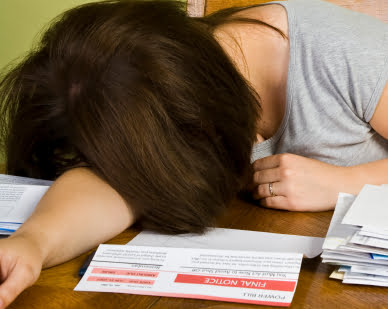Skip to contentSeven Things You Need To Know About Delinquent Credit Cards

- Most credit card companies will send a delinquent credit card account to a collection agency after 180 days of no payment. These delinquent credit card accounts are usually sold for pennies on the dollar.
- Debt collectors who hold your credit card account are regulated by the Fair Debt Collection Practices Act and can be liable for violating the rules of this law. Calling you before 8am or after 9pm, verbally/physically abusing a debtor or making threats are all violations of this law. If a debt collector has violated the law you may be entitled to sue them.
- You have the right to tell a debt collector not to call you anymore. This must be done in writing.
- Debtors who receive a written notice from a debt collector have up to 30 days to dispute the validity of the account. Remember, one of the reasons your credit card debt may be deemed invalid is if the amount listed by the credit card company is inaccurate.
- Debt collectors are NOT in the business of helping you. They are contacting you to collect a debt. Do not make the mistake of offering them ammunition such as offering your work phone number or address, bank account numbers or cell phone number. You are not obligated by the law to give them any of this information.
- Many credit card debts that have gone to collection are negotiable. Many debt collectors will accept a 50% settlement on your debt; but you do not need a debt settlement company to arrange this for you. Any settlements or agreements must be in writing to be enforceable in court.
- Delinquent credit card debts can be discharged in Chapter 7 bankruptcy or repaid in Chapter 13 bankruptcy under reasonable terms.
Speak to our bankruptcy attorney today
Share This Story, Choose Your Platform!
